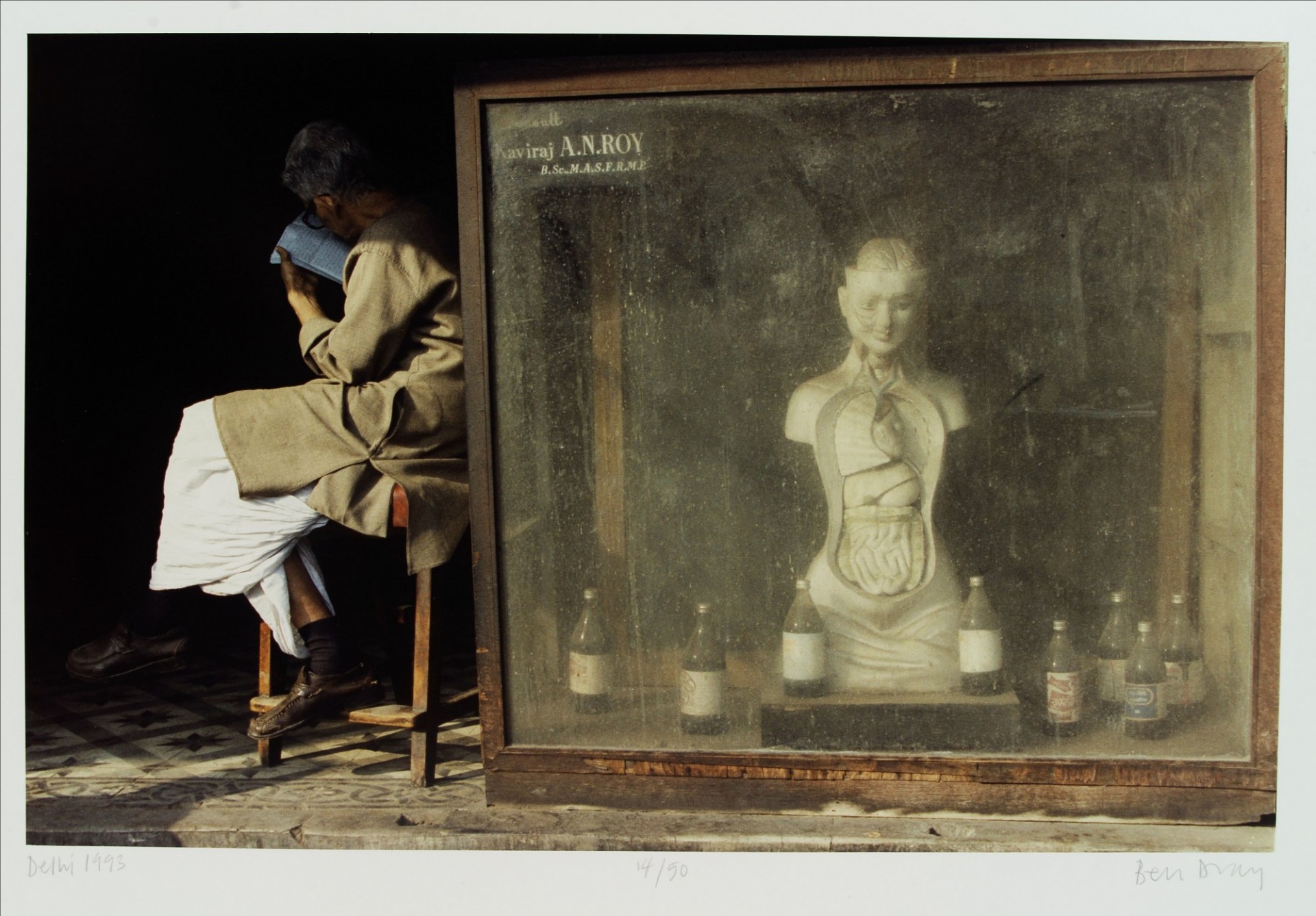A talk by Nandini Bhattacharya
“The Impossible Quest for an Indian Pharmacopeia”
Moderated by Kavita Sivaramakrishnan, History Department and Mailman School of Public Health
Time: 4:15pm - 5:45pm
Location: 208 Knox Hall, 606 West 122nd Street, between Broadway and Claremont
Dr. Nandini Bhattacharya is Associate Professor in South Asian History and History of Medicine at the University of Houston, Texas. Her research queries have focused on the interstices of the state, colonial society, and the politics of science and medicine in modern India. Her first monograph, Contagion and Enclaves: Tropical Medicine in Colonial India (2012), argued that colonial enclaves were essential to the enrichment of medical research. Her second monograph, Disparate Remedies: Making Medicines in Modern India, (2023) is the first book to engage simultaneously with the cultures of consumption and productions of therapeutic commodities in modern India.
Abstract: This paper will discuss the public cultures of medicine in colonial India. In late nineteenth century, laboratory-produced drugs competed with traditional remedies through side-by-side production of Western and Indian drugs by pharmaceutical companies. The emergent middle classes, the creation of a public sphere, and nationalist politics transformed the medical culture of modern India. This paper will demonstrate how disparate therapies were sustained through the tropes of purity or adulteration, potency or lack of it, and epistemic heritage through the struggle for an official Indian Pharmacopeia in colonial India.
Although ‘bazaar medicines’(so called in colonial documents, to refer to the various kinds of indigenous drugs and ingredients procured by the East India Company from Indian markets) were used extensively in the Indian subcontinent since the seventeenth century, there was no legal Indian Pharmacopeia in existence. The need to have an official Indian Pharmacopeia formed the basis of fierce debates in medical, official, and in public discourse and centred on two points. The first was the content and efficacy of indigenous drugs, which were not standardized. The second was the identity of indigenous medicine itself. Did the globally circulating ‘Indian’raw drugs such as the ubiquitous opium or the unique chaulmugra for instance, transcend the boundaries (and the taint) of being indigenous medicine once they were legitimated by the British or German Pharmacopeia? These prompted the emotive question: what validated Indian drugs? And even, what legitimised indigenous systems of medicine? This paper investigates the impossibility of an Indian pharmacopeia in British India.

